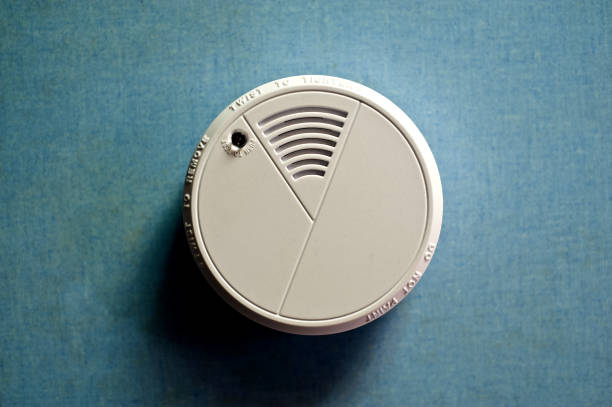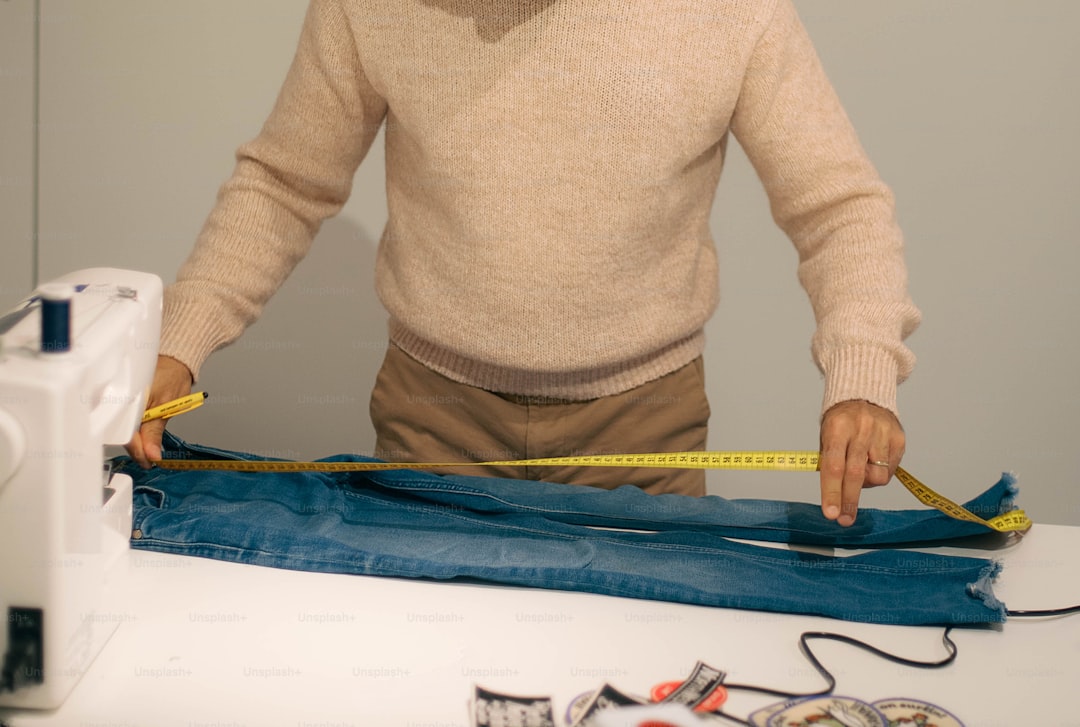Working with electricity demands precision, safety, and the right tools for the job. Whether you're installing new wiring, repairing an outlet, or troubleshooting a circuit, having the proper electrical tools ensures both the quality of your work and your personal protection. The foundation of any electrical toolkit begins with essential hand tools. A high-quality voltage tester is indispensable for verifying whether wires are live, preventing dangerous shocks before starting any work. Similarly, insulated screwdrivers with rubber-coated handles protect against accidental contact with live circuits while providing the grip needed for tight connections in outlets and switches. Wire strippers are another must-have, allowing clean removal of insulation without damaging conductors—a crucial step for secure connections. For cutting wires to length, lineman's pliers offer both cutting and gripping capabilities, while needle-nose pliers help with bending wires and reaching into tight spaces.
As projects grow more complex, additional tools become necessary. A multimeter stands out as one of the most versatile instruments, capable of measuring voltage, current, and resistance to diagnose electrical issues accurately. Non-contact voltage detectors add an extra layer of safety by identifying live wires without direct contact. For those working with conduit, a pipe bender ensures clean angles for professional-looking installations, while a fish tape simplifies pulling wires through walls or conduit systems. Power tools also play a role in electrical work. A reliable drill with assorted bits makes quick work of creating holes for wiring runs or mounting electrical boxes. However, when working near live components, battery-operated tools reduce the risk of shock compared to corded models. Specialty tools like cable staplers secure wiring neatly along studs, while knockout punch sets create precise holes in panels for clean breaker installations. Safety should always govern tool selection. Insulated tools rated for electrical work, flame-resistant clothing, and voltage-rated gloves provide critical protection. Regular inspection of tools for damage—such as frayed cords or cracked insulation—is equally important to maintain their safety and functionality. Investing in quality electrical tools might seem costly initially, but their durability and reliability pay dividends in both safety and performance. By equipping yourself with the right instruments and respecting electrical hazards, DIYers and professionals alike can approach electrical projects with confidence and competence.



